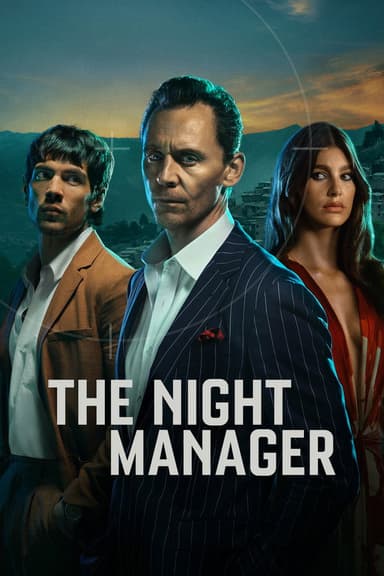
A Very British Coup
1988 • Drama, War & Politics • NR
A Very British Coup is a British political thriller series based on the novel by Chris Mullin. It stars Ray McAnally as the newly elected left-wing prime minister Harry Perkins, who soon finds himself up to his neck in conspiracy.
Why you should read the novel
Before you stream the TV series, discover the original power and precision of Chris Mullin’s A Very British Coup. Written by a journalist-turned-MP, the novel delivers insider credibility, razor-sharp politics, and a chillingly plausible portrait of establishment pushback against democratic change.
On the page, Harry Perkins’s ideals, doubts, and strategies unfold with a depth only a novel can provide. Mullin’s nuanced satire, rich policy detail, and sly humor illuminate the media storms, intelligence intrigue, and parliamentary knife-fights that shape every twist of the plot.
If you love political thrillers like House of Cards or state-of-the-nation sagas with real-world bite, read the book that started it all. A Very British Coup is widely available in paperback, ebook, and audiobook—essential reading for anyone who wants the unfiltered, definitive version of this story.
Adaptation differences
The TV series is faithful to the novel’s central premise—a left-wing prime minister besieged by the British establishment—but condenses timelines and merges roles to fit three episodes. This streamlining shifts the balance from the book’s broader political canvas toward a taut, event-driven thriller.
On screen, the intelligence and media antagonists are sharpened into clearer figureheads and clandestine cells, while the novel spreads responsibility across a wider ecosystem of mandarins, backbenchers, proprietors, and fixers. The book lingers on party democracy, trade-union dynamics, and parliamentary procedure in ways the adaptation necessarily compresses.
Policy and plot details are simplified for pace. The series trims aspects of nationalization battles, anti-nuclear policy wrangling, and internal Labour disputes that the novel explores in granular, often witty detail. Readers will find more backstory, more institutional texture, and a fuller sense of how press briefings, leaks, and deniable operations accumulate into a “soft” coup.
The tone and finale differ notably. The novel’s conclusion is starker and more definitive about the cost of confronting entrenched power, whereas the series closes on a more ambiguous, suspense-driven note. On the page, Mullin’s sardonic commentary and access to Perkins’s inner life deepen motivations and moral stakes in ways the camera—by necessity—renders through implication and atmosphere.
A Very British Coup inspired from
A Very British Coup
by Chris Mullin











